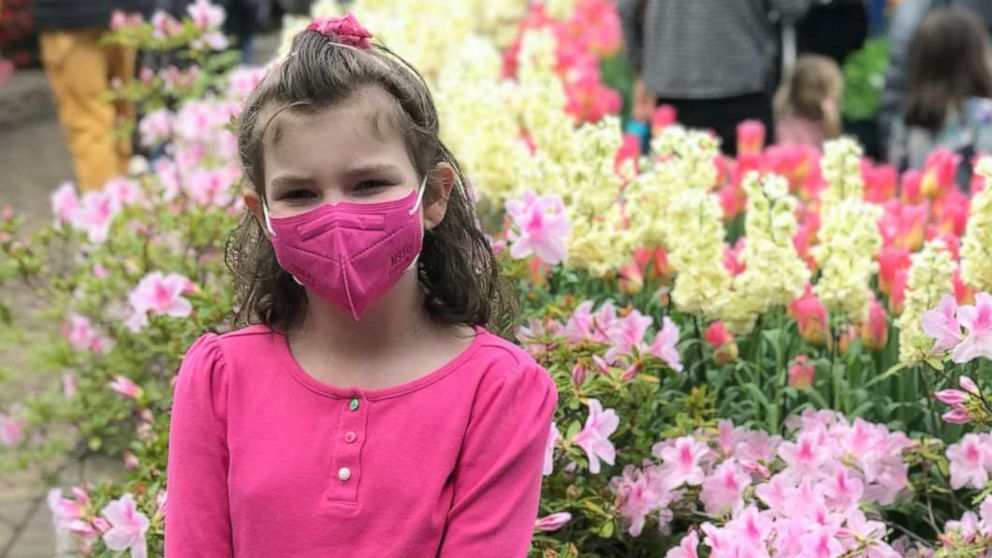
As COVID-19 cases rise, disability advocates say CDC isn't doing enough
ABC News
“The fact that we have to just say over and over again, that our lives are worth saving — it's really soul crushing."
After the omicron wave of COVID-19 receded earlier this winter, states and cities across the country moved quickly to ease mitigation measures, leaving many officials hopeful that the virus would soon be in the rear-view mirror, ahead of the looming midterm elections in November.
Much of the public rejoiced when the Centers for Disease Control and Prevention announced it would update its guidance for face coverings, giving the vast majority of Americans the green light to ditch masks indoors, if they lived in an area of low or medium risk.
However, for some high-risk populations, like the 7 million Americans living with weakened immune systems from cancer treatment, transplants or immune deficiencies, a return to pre-pandemic normalcy is still not on the horizon. The CDC's new guidance came with a caveat for the immunocompromised; the agency is still recommending that those at increased risk keep face coverings on.
With concert halls at full capacity again, largely maskless classrooms and social distancing stickers no longer visible in shopping outlets, many members of the immunocompromised and disabled communities are now appealing directly to the CDC and other federal health agencies in an effort to voice their frustrations.
